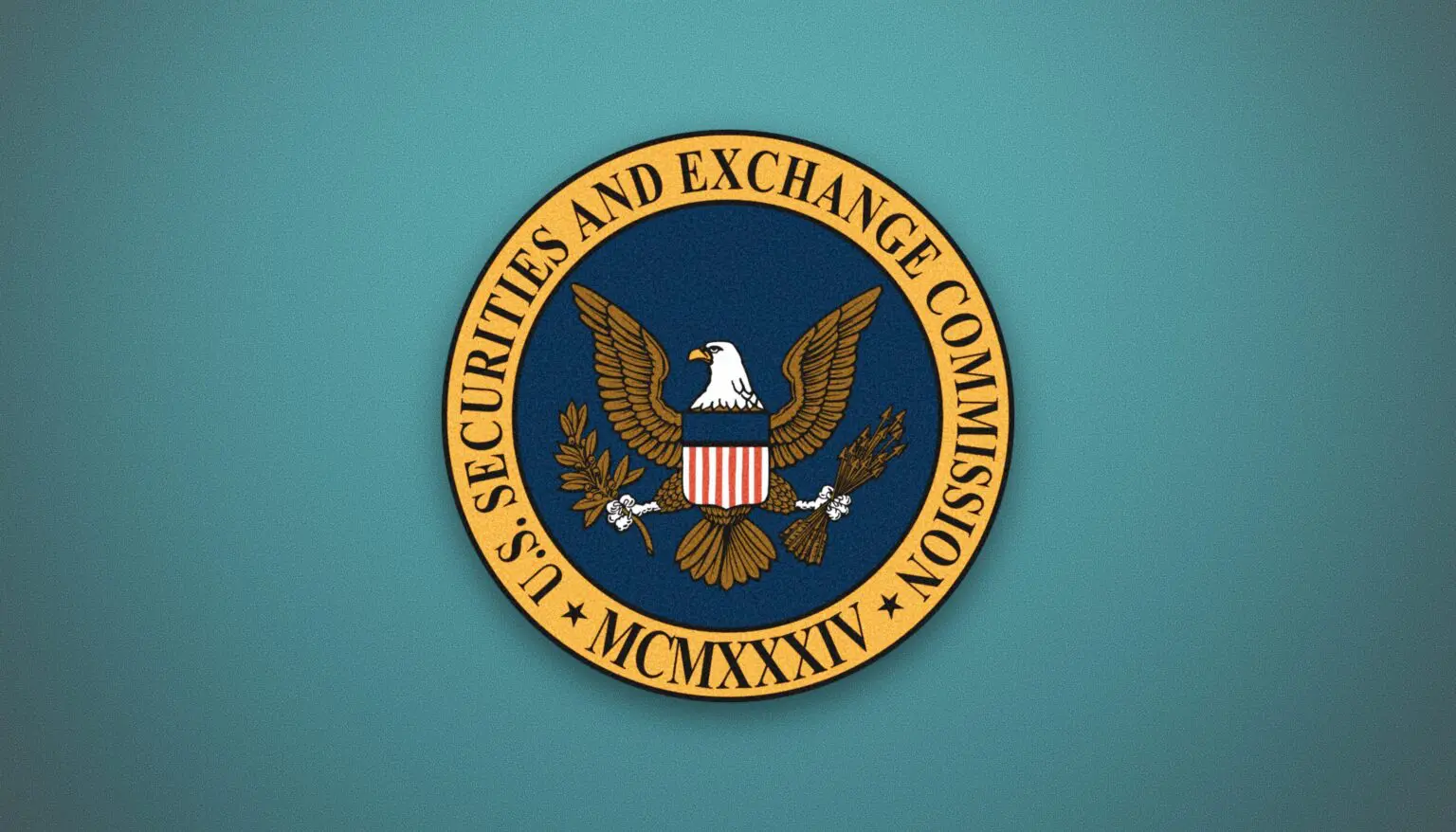On February 9, 2022, the Securities and Exchange Commission (SEC) proposed a significant expansion to the regulations covering private funds advisers. The new proposed rules are the most significant changes to the regulation of private fund advisers since the SEC’s rules requiring them to register became effective in 2012.
These proposed rules must still go through public review and comment. The comment period will be open for 30 days after the publication of the rules in the Federal Register or April 11, 2022 (60 days after issuance), whichever is later. It will likely take at least 3 months for the SEC to produce any final rules after the conclusion of the comment period. As currently proposed, if adopted, private fund advisers will have one year from the final rule’s effective date to comply.
The following sections summarize the proposal as they stand as of the date of this post.
Books and Records – Amended Rule 204-2
The SEC proposed several changes to Rule 204-2 (governing the books and records to be maintained by a registered investment adviser), which are mostly conforming changes related to the other provisions described below.
Written Annual Review of Compliance Procedures and Practices — Amended Rule 206(4)-7
The SEC proposed amendments to Rule 206(4)-7 under the Advisers Act, which currently requires all registered investment advisers to review annually the adequacy of the adviser’s policies and procedures. The new rule requires all registered investment advisers to document their annual review in writing.
Annual Financial Statement Audit Requirement — Proposed Rule 206(4)-10
The proposed rule would also require registered investment advisers to obtain an annual audit of the financial statements of the private funds they manage, as well as on liquidation. The audit would need to: (1) be performed by an independent public accountant that meets the standards of independence in rule 2-01(b) and (c) of Regulation S-X that is registered with and subject to regular inspection of the PCAOB; (2) meet the definition of audit in rule 1-02(d) of Regulation S-X, the professional engagement period of which shall begin and end as indicated in Regulation S-X rule 2-01(f)(5); and (3) be prepared in accordance with GAAP, or in the case of a non-U.S. private fund, contain information substantially similar to GAAP.
The audit must be distributed “promptly”, though the SEC declined to provide a fixed deadline. However, the current SEC Custody Rule, the requirements of which would still be in effect, provides for 120 days for most funds and 180 days for funds of funds. In contrast to the Custody Rule, the proposed rule does not permit private fund advisers to fulfill this requirement through a surprise annual examination, which effectively eliminates that option for private fund advisers.
The proposed rule also requires private fund advisers to enter into a written agreement with the independent public accountant performing the audit to notify the SEC (i) promptly upon issuing an audit report to the private fund that contains a modified opinion and (ii) within 4 business days of resignation or dismissal from, or other termination of, the engagement or upon removing itself or being removed from consideration for being reappointed.
For advisers that do not control a private fund that they advise, the SEC would require that the adviser “take all reasonable steps” to cause its private fund client to undergo an audit that would satisfy the rule.
Requirement to Deliver Quarterly Statements — Proposed Rule 211(h)(1)-2
The proposed rule would require each registered investment adviser to prepare quarterly statements that include certain information regarding fees, expenses, and performance for each private fund that it advises and distribute the quarterly statement to the fund’s investors within 45 days after the end of each calendar quarter. Each quarterly statement would be required to include the following information:
- A Fund Table, which includes the following: (i) a detailed accounting of all compensation, fees, and other amounts allocated or paid to the investment adviser or any of its related persons by the fund during the reporting period, with separate line items for each category of allocation or payment reflecting the total dollar amount, including, but not limited to, management, advisory, sub-advisory, or similar fees or payments, and performance-based compensation; (ii) a detailed accounting of all fees and expenses paid by the private fund during the reporting period, with separate line items for each category of fee or expense reflecting the total dollar amount, including, but not limited to, organizational, accounting, legal, administration, audit, tax, due diligence, and travel fees and expenses; and (iii) the amount of any offsets or rebates carried forward during the reporting period to subsequent periods to reduce future payments or allocations to the adviser or its related persons. The quarterly statement would also need to include cross-references to the relevant sections of the private fund’s organizational and offering documents that set forth the applicable calculation methodology.
- A Portfolio Investment Table, which includes the following for each portfolio company that separately compensates either the adviser or the adviser’s related persons: (i) a detailed accounting of all portfolio investment compensation allocated or paid to the investment adviser or any of its related persons by the covered portfolio investment during the reporting period; and (ii) the fund’s ownership percentage of each such covered portfolio investment as of the end of the reporting period along with a brief description of the fund’s investment.
- Performance Disclosures, including standardized fund performance information for each portfolio investment. The methodology for calculating performance would depend on whether the adviser to a private fund categorizes the fund as “liquid” or “illiquid.” As proposed, an illiquid fund would be defined as a fund that (i) has a limited life; (ii) does not continuously raise capital; (iii) is not required to redeem interests upon an investor’s request; (iv) has as a predominant operating strategy to return the proceeds from the disposition of investments to investors; (v) has limited opportunities, if any, for investors to withdraw before the termination of the fund; and (vi) does not routinely acquire (directly or indirectly) as part of its investment strategy market-traded securities and derivative instruments. A liquid fund is any private fund that is not an “illiquid fund.” For liquid funds, an adviser will be required to show performance based on net total return on an annual basis since the fund’s inception, over certain time periods (one-, five-, and 10-calendar-year periods), and on a quarterly basis for the current year. For illiquid funds, an adviser must show gross and net performance based on the internal rate of return (IRR) and a multiple of invested capital (MOIC). The performance presentation for an illiquid fund also needs to present all contributions and distributions for the fund. The performance metrics for an illiquid fund would further need to disclose the gross IRR and gross MOIC for each of the realized and unrealized portions of the illiquid fund’s portfolio.
An adviser would be required to consolidate reporting for substantially similar pools of assets if doing so would provide more meaningful information to the private fund’s investors and would not be misleading. For example, for a master-feeder structure, the adviser would be required “to provide feeder fund investors with a single quarterly statement covering the applicable feeder fund and the feeder fund’s proportionate interest in the master fund on a consolidated basis.”
Prohibited Activities — Proposed Rule 211(h)(2)-1
The proposed rule would prohibit any private fund adviser from engaging in the following activities:
- Charge a portfolio investment for monitoring, servicing, consulting, or other fees in respect of any services that the investment adviser does not, or does not reasonably expect to, provide to the portfolio investment;
- Charge the private fund for fees or expenses associated with an examination or investigation of the adviser or its related persons by any governmental or regulatory authority;
- Charge the private fund for any regulatory or compliance fees or expenses of the adviser or its related persons;
- Reduce the amount of any adviser clawback by actual, potential, or hypothetical taxes applicable to the adviser, to its related persons, or tp their respective owners or interest holders;
- Seek reimbursement, indemnification, exculpation, or limitation of its liability by the private fund or its investors for a breach of fiduciary duty, willful misfeasance, bad faith, negligence, or recklessness in providing services to the private fund;
- Charge or allocate fees and expenses related to a portfolio investment (or potential portfolio investment) on a non-pro rata basis when multiple private funds and other clients advised by the adviser or its related persons have invested (or propose to invest) in the same portfolio investment; and
- Borrow money, securities, or other private fund assets, or receive a loan or an extension of credit, from a private fund client.
Fairness Opinion Requirement for Adviser-Led Secondaries — Proposed Rule 211(h)(2)-2
The proposed rule would also prohibit registered investment advisers from completing an “adviser-led secondary transaction” with respect to any private fund, unless the adviser (a) obtains, and distributes to investors in the private fund, a fairness opinion from an independent opinion provider and (b) prepares, and distributes to investors in the private fund, a written summary of any material business relationships the adviser or any of its related persons has or has had within the past two years with the independent opinion provider. An “adviser-led secondary transaction” means “any transaction initiated by the investment adviser or any of its related persons that offers private fund investors the choice to: (i) Sell all or a portion of their interests in the private fund; or (ii) Convert or exchange all or a portion of their interests in the private fund for interests in another vehicle advised by the adviser or any of its related persons.” The proposed rule would require the adviser to retain a copy of the fairness opinion and the material business relationship summary distributed to its fund investors, as well as a record of each addressee, the date(s) the opinion was sent, and the delivery method. The SEC did state in the proposal that a transaction would not be adviser-led if the adviser, at the unsolicited request of the investor, assists in the secondary sale of the investor’s fund interest.
Prohibited Preferential Treatment — Proposed Rule 211(h)(2)-3
The proposed rule would prohibit any private fund adviser from engaging in the following activities:
- Grant an investor in the private fund or in a substantially similar pool of assets the ability to redeem its interest on terms that the adviser reasonably expects to have a material, negative effect on other investors in that private fund or a substantially similar pool of assets; or
- Provide information regarding the portfolio holdings or exposures of the private fund, or a substantially similar pool of assets, to any investor if the adviser reasonably expects that providing the information would have a material, negative effect on other investors in that private fund or a substantially similar pool of assets.
- Provide any other preferential treatment to any investor in the private fund unless the adviser provides advance written notice to prospective investors in the fund of such preferential treatment, including specific descriptions of the applicable provisions. The private fund adviser would also be required to distribute to current investors, on at least an annual basis, a written notice that provides specific information regarding any preferential treatment provided to other investors in the same private fund since the last annual written notice was provided.
This provision will have a significant impact on common practices involving side letter negotiations between funds and large institutional investors.
This article is for general information only. The information presented should not be construed to be formal legal advice nor the formation of a lawyer/client relationship.





